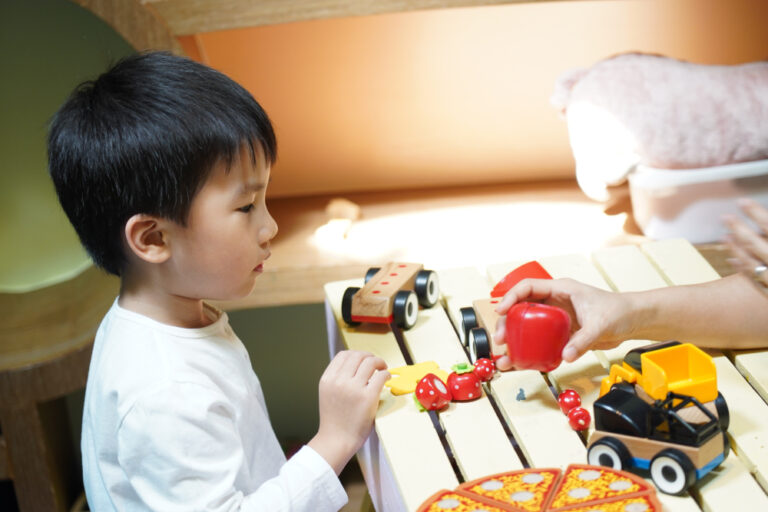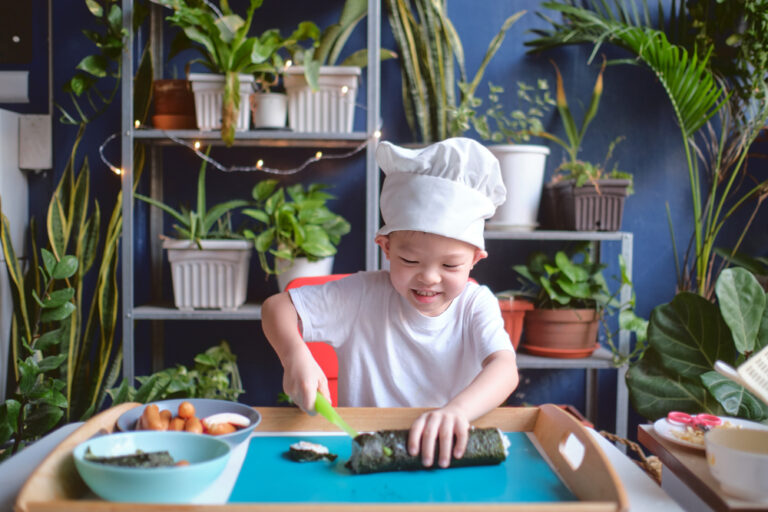家長錦囊
December 2024

Written by: Pang Chi Wah, Registered Educational Psychologist
Many parents hope to enhance their children’s thinking skills. In fact, as long as parents properly guide their children to connect some small things in life and then ask leading questions, they can consciously think about the things they see and related knowledge. For example, when children see an apple, let them think about what kind of object is also round or red; when they hear the sound of birds, they will think about what kind of animal can fly.
Ask your child more questions that are not restrictive
When parents ask children questions, do not force them to answer or ask for a definite answer, or even ask them to answer the question right away because they may still be thinking about it. Parents do not need to ask any restrictive questions and can ask whatever comes to mind, such as what kind of objects chopsticks are like and what kind of people wear uniforms like students. In addition to making them think more, parents can also think and discuss with their children as a parent-child activity, which helps to enhance their relationship.
In addition to asking individual questions, parents can also allow children to answer questions with their siblings or friends. For children with higher ability, parents can let them answer more different answers; for children with average ability, they can answer fewer answers; for those with weaker ability, parents can guide them to answer through appropriate prompting and demonstration.

Parents can look for questions in their lives
Parents can look for questions in their lives that they can ask. They can even try to ask questions that are imaginative and open to discussion, so that their children can use their imagination and associative power. For example, parents can ask their children what things are round outdoors, what things in the house are made of iron, what foods are red, and so on. On the other hand, questions with definite and positive answers, such as math questions (1 plus 1 equals how many), are generally called “closed-ended questions” and are not very helpful in improving children’s associative skills because they only have specific answers.

In fact, creation and association should start from the smallest things, which is a good way to train children’s associative and thinking skills. Therefore, parents should start from today to enhance your child’s associative skills!








